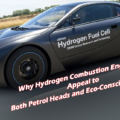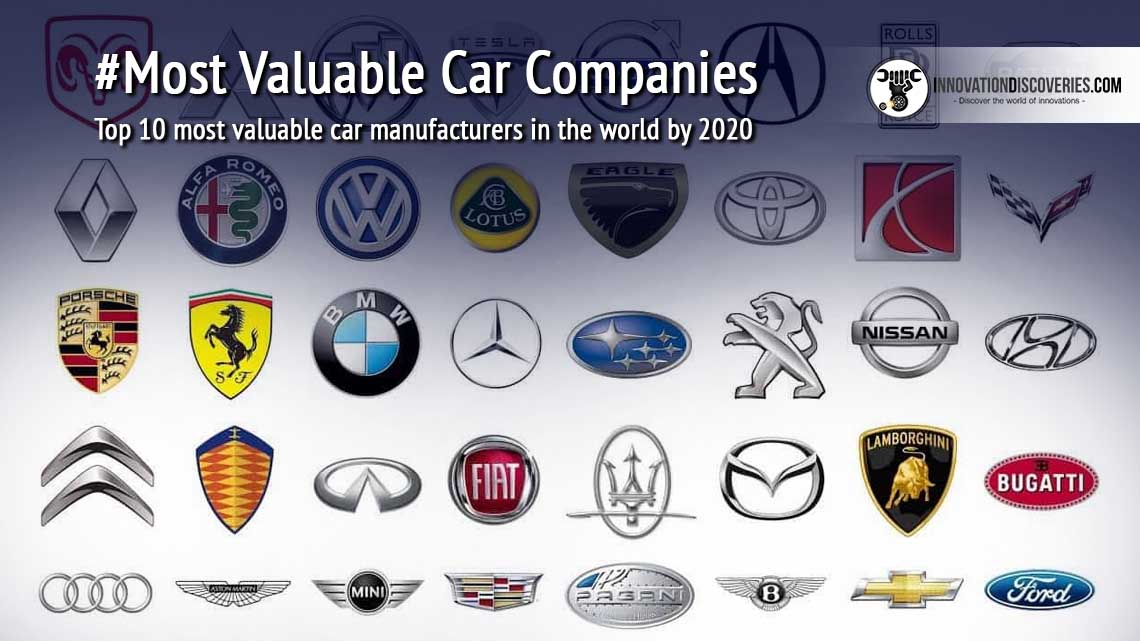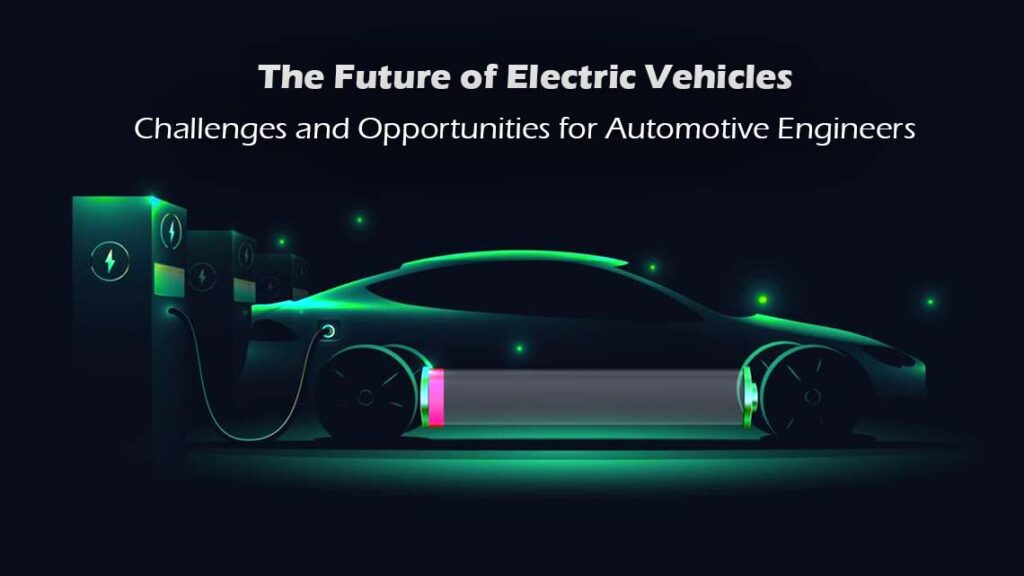
Electric vehicles (EVs) have been on the rise in recent years, with major automakers such as Tesla, Chevrolet, and Nissan releasing popular models.
While the market share of EVs is still relatively small compared to traditional gasoline-powered cars, it is expected to grow significantly in the coming years.
As the demand for EVs increases, automotive engineers face both challenges and opportunities in designing and developing these vehicles.
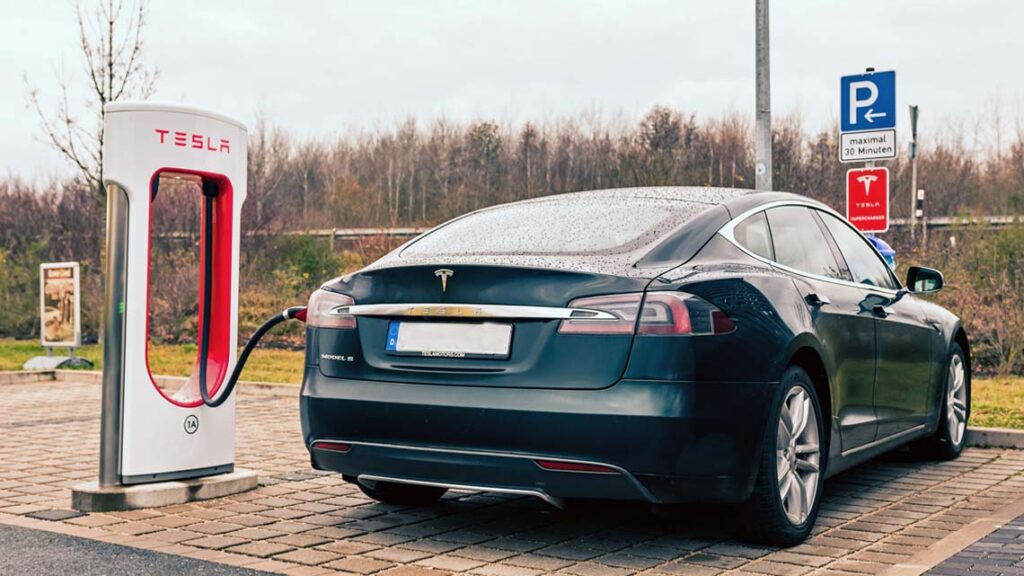
One of the biggest challenges facing automotive engineers in the development of EVs is range anxiety. Unlike gasoline-powered cars, EVs have a limited range and require charging infrastructure to be available to drivers.
While the range of EVs has been increasing with advancements in battery technology, many consumers are still hesitant to purchase an EV due to concerns about running out of charge.
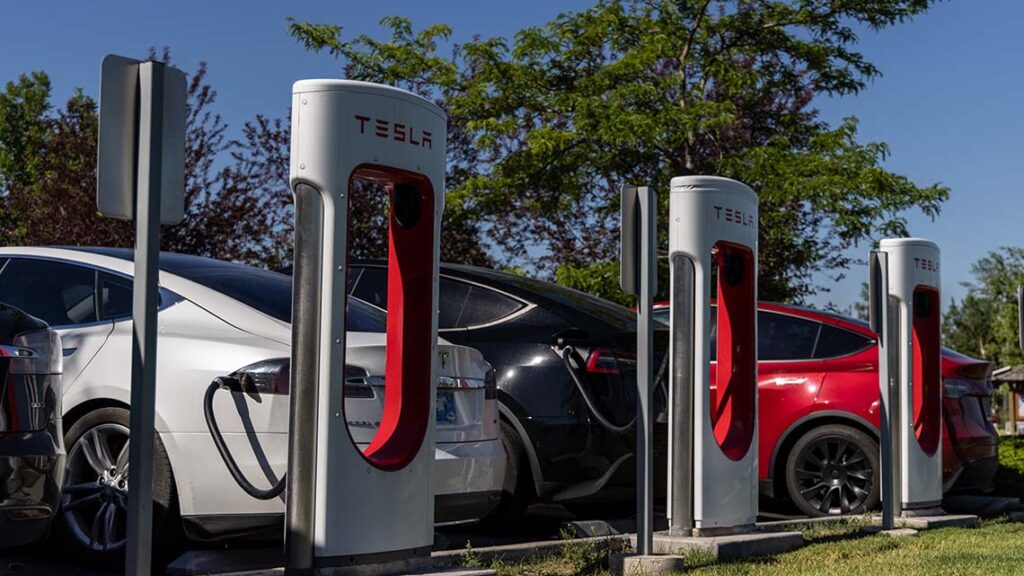
To address this challenge, automotive engineers are working to improve battery technology and increase the range of EVs. They are also collaborating with governments and private companies to expand the network of charging infrastructure available to drivers.
Another challenge for automotive engineers in the development of EVs is the high cost of production. EVs currently cost more to produce than traditional gasoline-powered cars due to the cost of batteries and other components.
As a result, EVs are often more expensive for consumers to purchase, which can limit their market appeal.
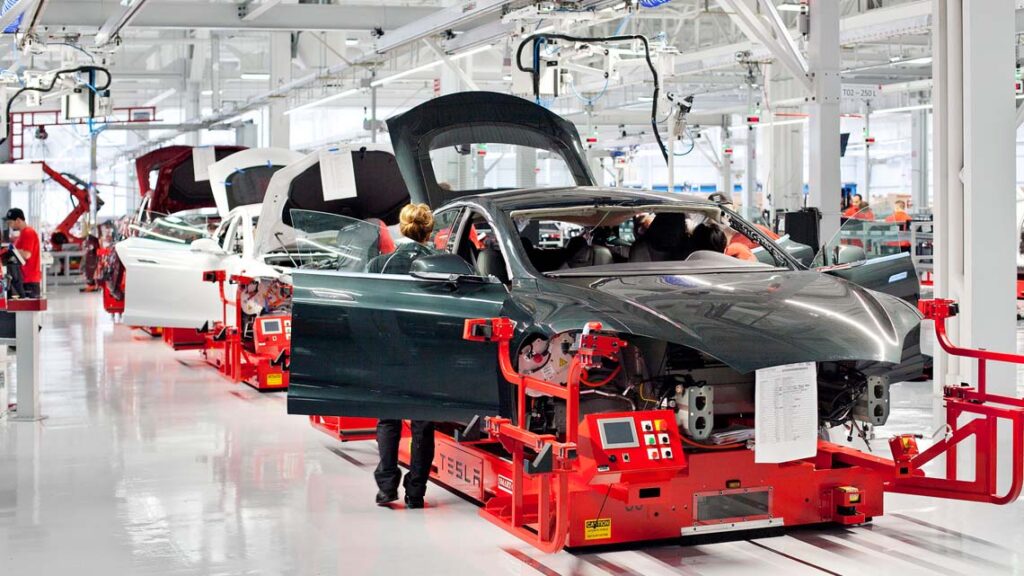
To address this challenge, automotive engineers are working to reduce the cost of battery production and improve the efficiency of manufacturing processes. This will make EVs more affordable for consumers and increase their market appeal.
Despite these challenges, there are many opportunities for automotive engineers in the development of EVs. One opportunity is the potential for EVs to reduce greenhouse gas emissions and improve air quality.
As governments around the world implement stricter emissions regulations, automakers are turning to EVs as a way to meet these standards.

Another opportunity for automotive engineers in the development of EVs is the potential for new and innovative designs.
Unlike traditional gasoline-powered cars, EVs do not require a large engine compartment or exhaust system, which allows for more flexibility in vehicle design.
This opens up new possibilities for automotive engineers to create sleek, futuristic, and Eco-friendly vehicles.
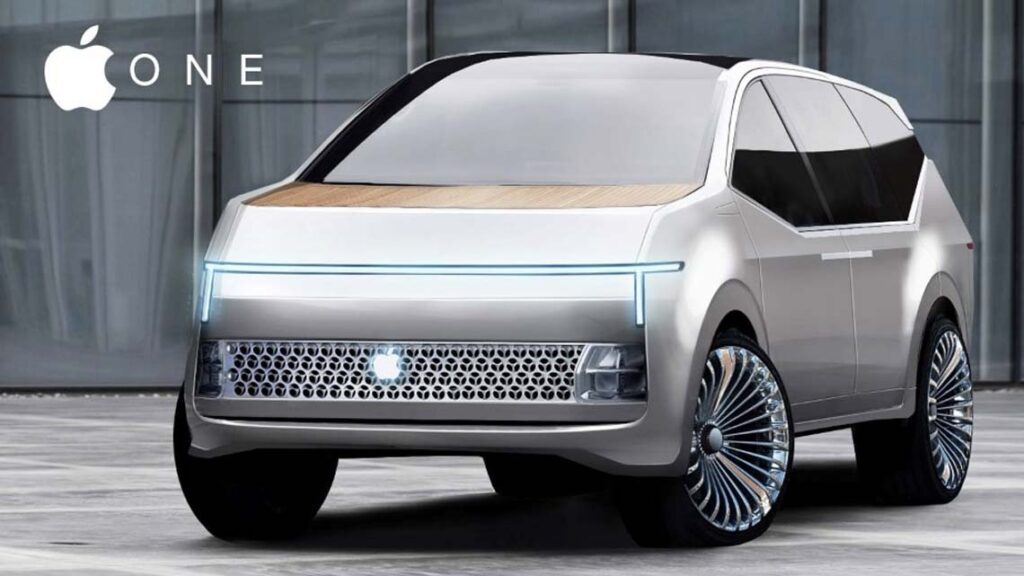
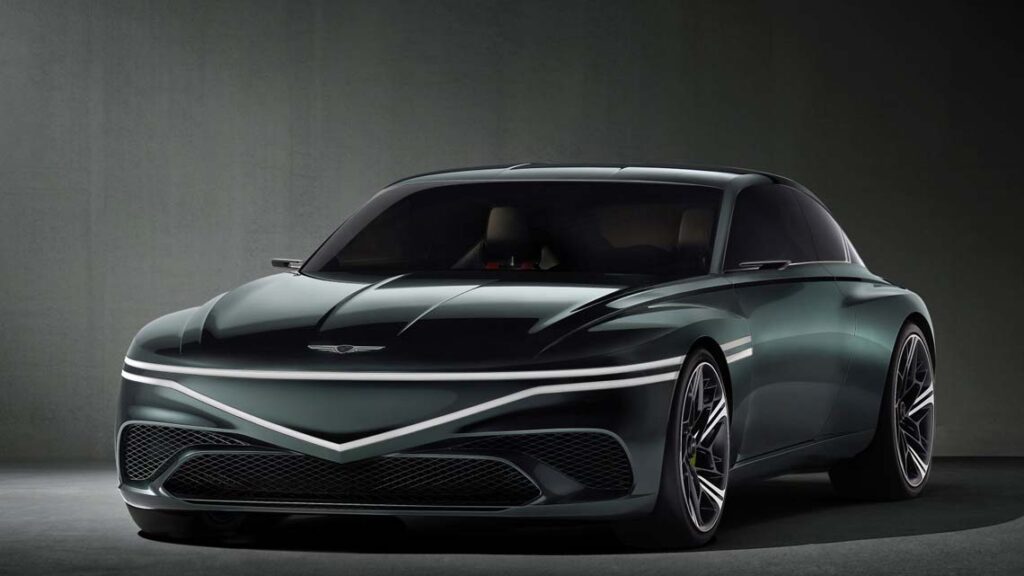
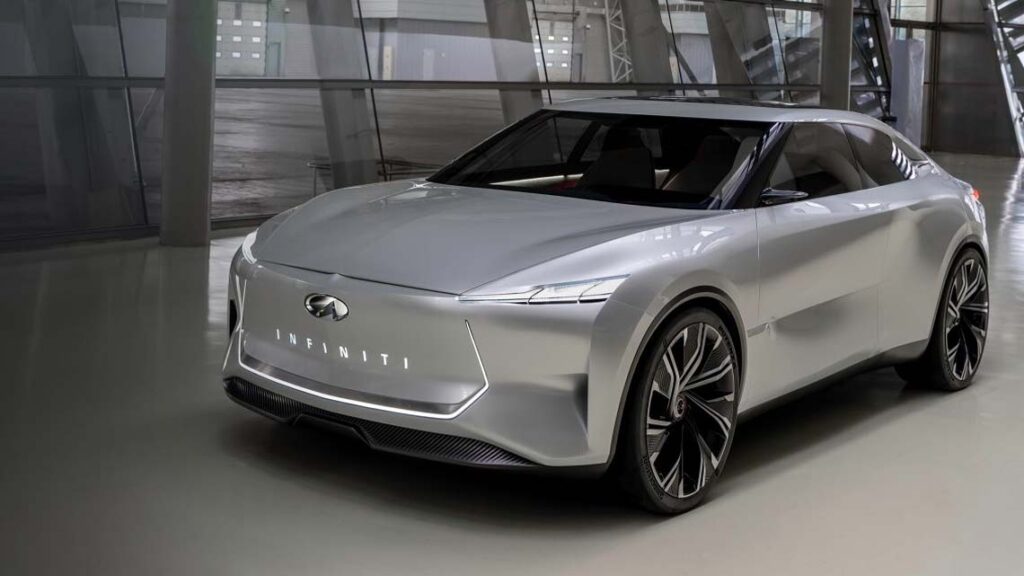
In conclusion, the future of electric vehicles presents both challenges and opportunities for automotive engineers. As the market share of EVs continues to grow, engineers will need to address challenges such as range anxiety and high production costs.
However, there are also opportunities for engineers to reduce greenhouse gas emissions, improve air quality, and innovate with new vehicle designs.
As the automotive industry continues to evolve, it will be exciting to see how engineers rise to these challenges and take advantage of these opportunities to shape the future of transportation.
Discover More:

DOWNLOAD PDF








